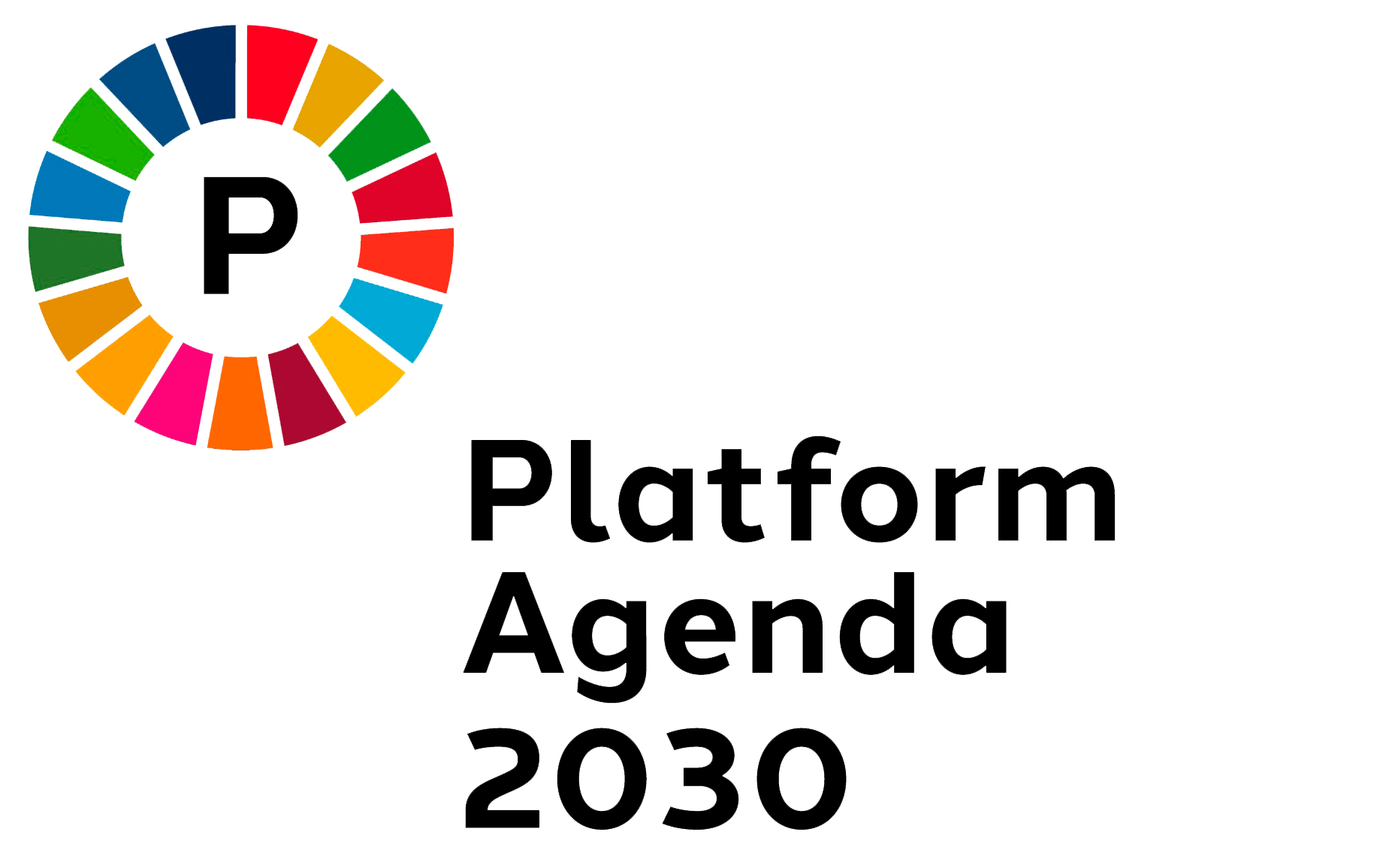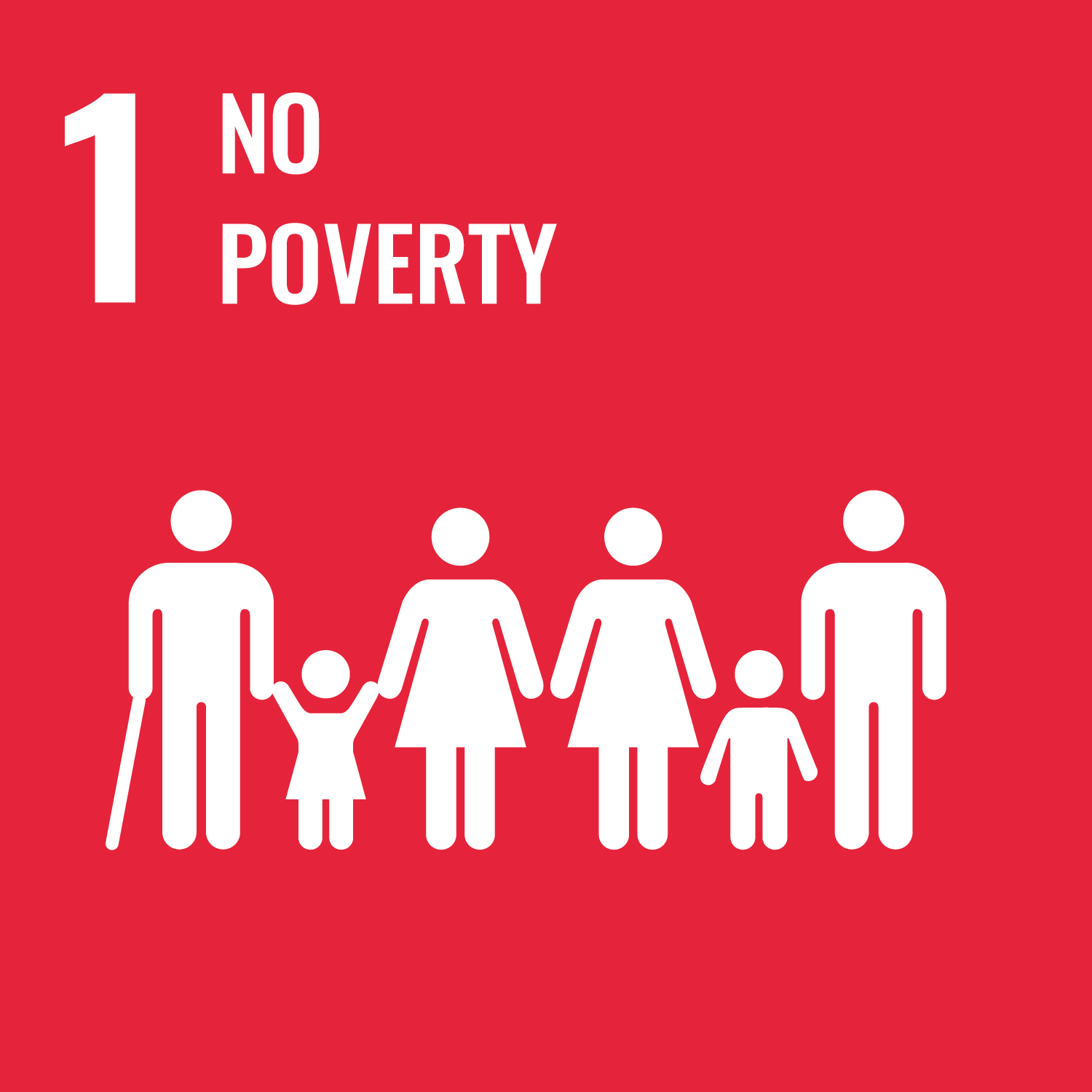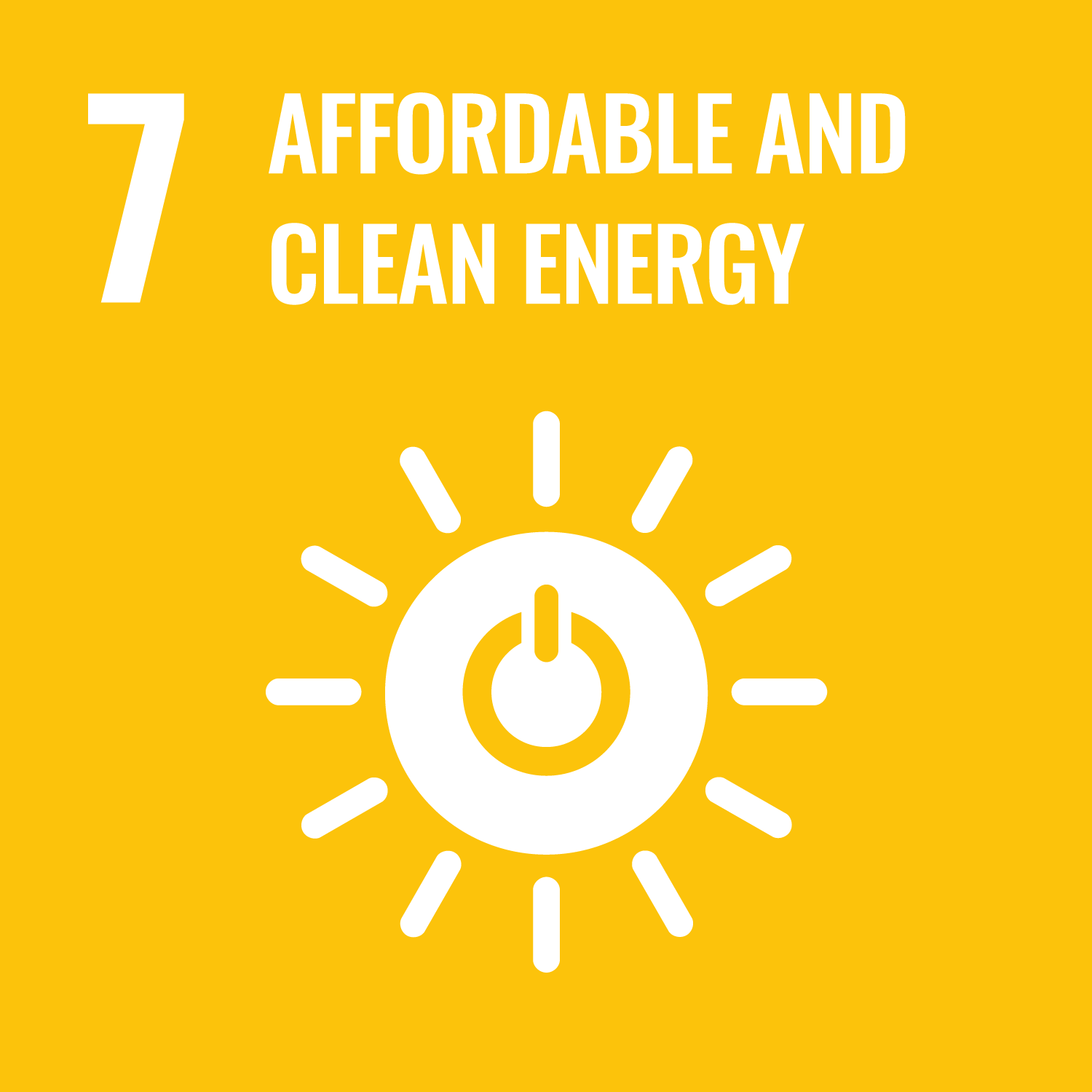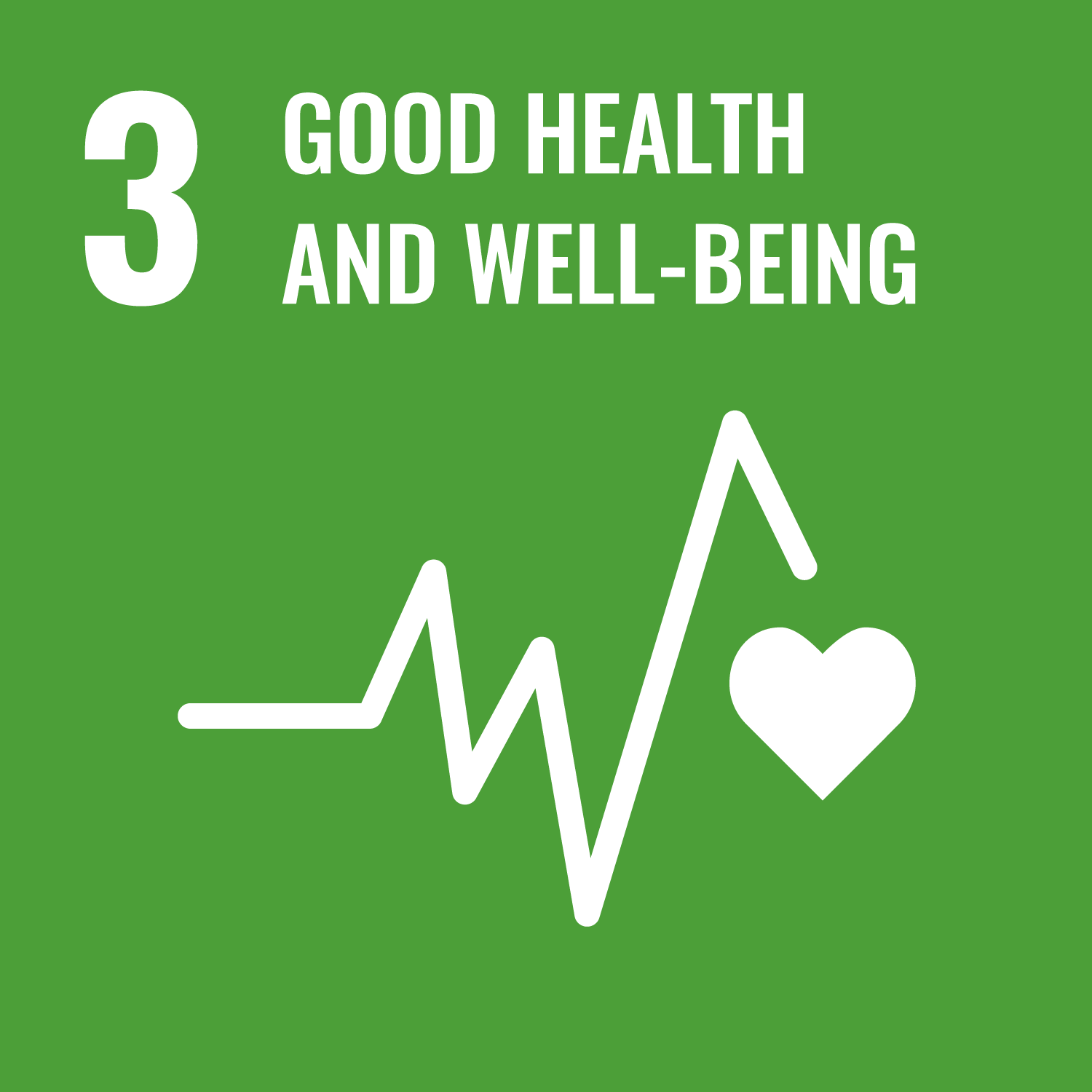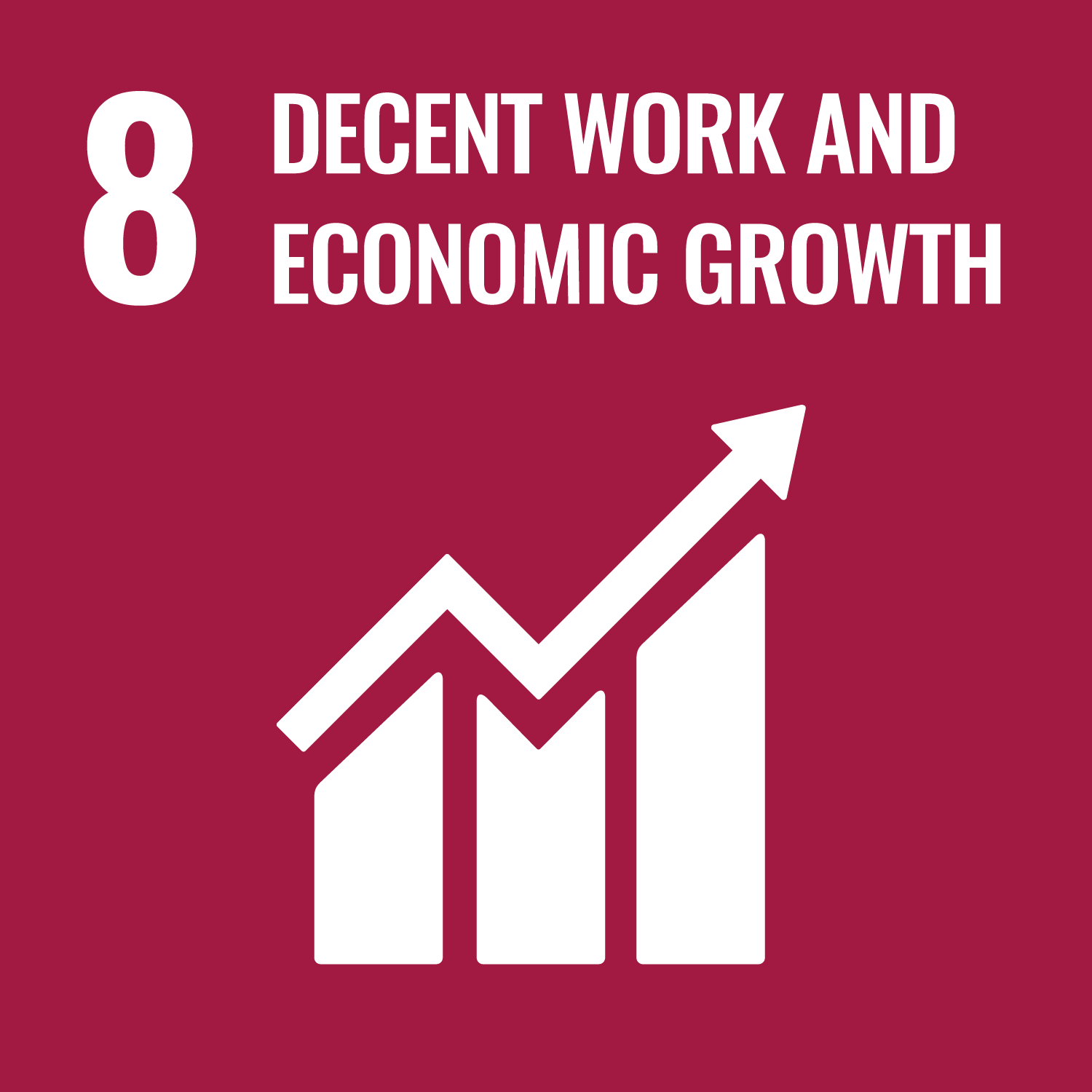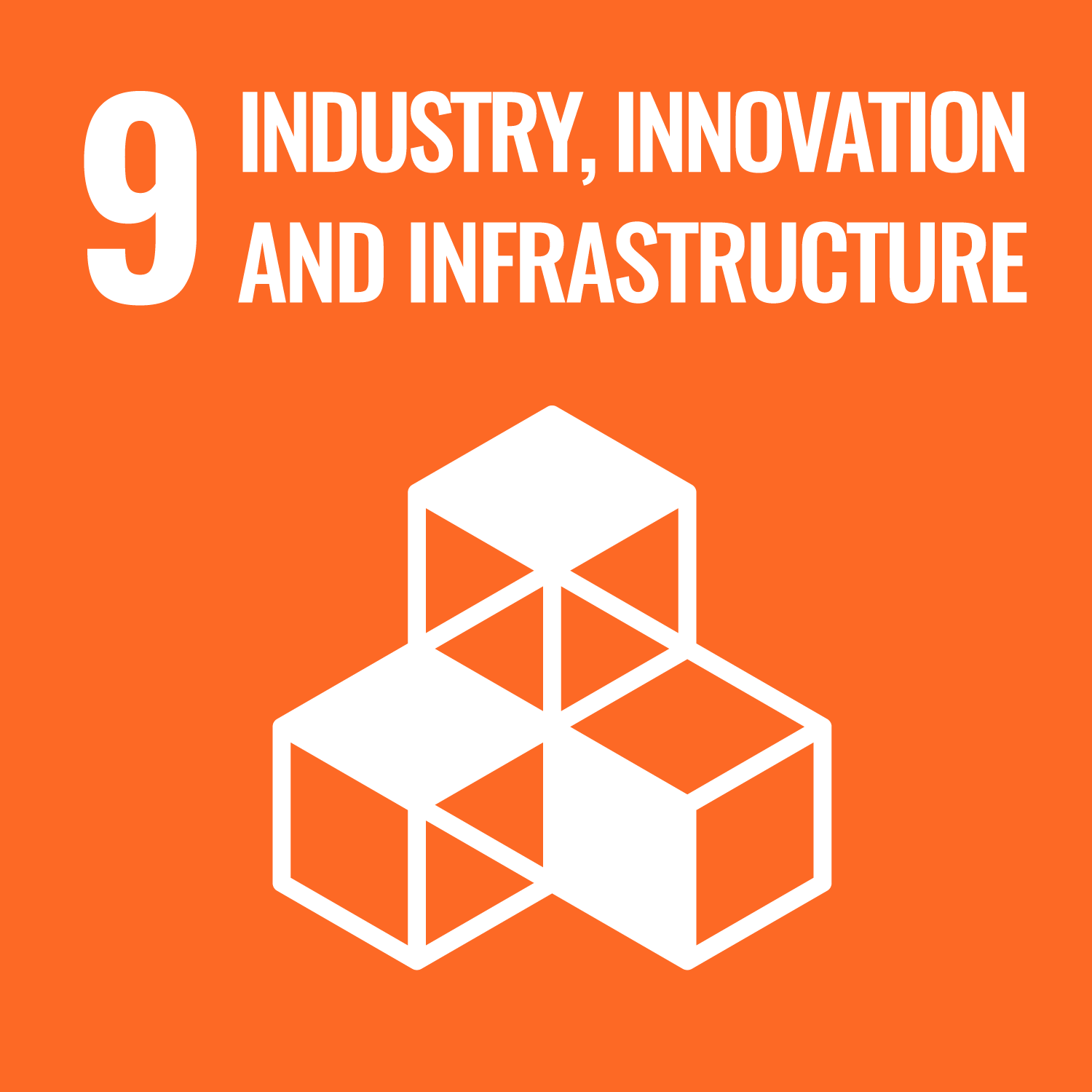Align all policy fields with sustainable development
Debt significantly restricts the financial room for manoeuvre of many low and middle-income states. This became especially clear during the COVID-19 pandemic. While the Swiss Federal Council approved an additional budget of over CHF 50 billion in 2020/21, 83 countries had to cut public spending in the midst of the pandemic so that they were able to pay their debts. Even during this extraordinary crisis, rich creditor nations and private-sector lenders such as Swiss banks and commodities dealers were not willing to defer or cancel debt appropriately.
Foreign direct investment can help to finance certain SDGs, but it can also limit a country’s scope to enact laws protecting its people and natural resources. For example, Glencore recently sued Colombia, invoking non-compliance with the investment protection agreement between Colombia and Switzerland. The Colombian Constitutional Court had halted the expansion of the Cerrejón coal mine because insufficient consideration had been given to its negative impacts on the local population and environment.
As long ago as 1970 rich countries pledged to increase development assistance to 0.7% of their economic output. As things stand they have still failed to honour that pledge. The Swiss share has stagnated for years at just under 0.5%. A growing proportion of that is being invested in climate conservation projects, thereby reducing the funding available for direct action to combat poverty.
Partnerships with the private sector and international companies have not yet been studied enough to determine whether they really do offer wide-ranging support for sustainable development, and whether profits are taxed where value is actually created.
Furthermore, Swiss trade policy is not geared sufficiently to sustainable development. While free trade agreements have contained sections on sustainability for some years now, these are not generally binding. Rather, the Federal Council demands that partner countries agree to strict intellectual property rights to seed, for example, thus violating farmers’ own rights to the seed they produce.
Switzerland defends rigid patent protections for Covid vaccines and medications, thus preventing people around the world protecting their health. The Federal Council has, however, agreed to conduct sustainability assessments on free trade agreements in the future. In doing so, it is consenting to a review of not just their effects on the environment, but also their impact on human rights. No findings have yet been delivered.
Change is needed in all of these policy fields – tax, finance and trade – to enhance policy coherence for sustainable development. This key target under SDG 17 requires all policy decisions to facilitate sustainable development globally. The Spillover Index published by the Sustainable Development Solutions Network (SDSN) measures the extent to which policies in one country have negative effects on others. Switzerland takes the inglorious fifth-last place, with only the United Arab Emirates, Luxembourg, Guyana and Singapore judged worse.
- The federal government analyses the impact of Swiss tax laws on the countries of the Global South.
- The federal government publishes country-by-country reporting on conglomerates’ global structures and key performance indicators, creating transparency where this can help to identify illicit financial flows.
- Switzerland amends its trade policy so that it fulfils its human rights obligations to people in other countries, with particular regard to their rights to health and to food.
- Switzerland renegotiates its investment protection agreements. It ceases to protect investments against new and important regulations to protect the environment, health and other human rights obligations.
- Future bilateral trade agreements contain binding sustainability criteria. They may not stipulate how partner countries must govern intellectual property rights, in particular how specific varieties are protected.
- Switzerland increases its development assistance to at least the agreed 0.7% of gross national income.
- Switzerland plays an active and constructive part in a sustainable debt relief process in highly indebted countries of the Global South.
- Switzerland makes public-private partnerships conditional upon effective due diligence processes for human rights, environmental risks and tax practices. It puts measures in place that genuinely prevent competition with local companies in the Global South, or their being crowded out of their markets.
In collaboration with Isolda Agazzi and Dominik Gross, Alliance Sud, and Patrik Berlinger, Helvetas
Report as PDF
- Dominik Gross: On the side of warmongers and crisis profiteers. Press Release of Alliance Sud, May 17, 2022.
- Bodo Ellmers, Jürgen Kaiser, Kristina Rehbein, Klaus Schilder, Malina Stutz: Global Sovereign Debt Monitor 2022. Joint publication by erlassjahr.ch and misereor.de. 2022.
- Musselli, E. Bürgi Bonanomi, A Lannen: The price of fairness: Tackling mispricing of commodity exports from poor countries. CDE Policy Brief, No. 19. Bern, Switzerland: CDE. 2022.
- Laura Ebneter: Spillovers: Switzerland’s inglorious role. Global #85. Alliance Sud, spring 2022.
